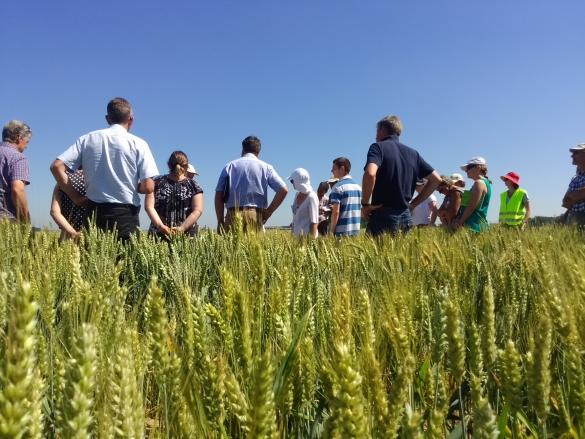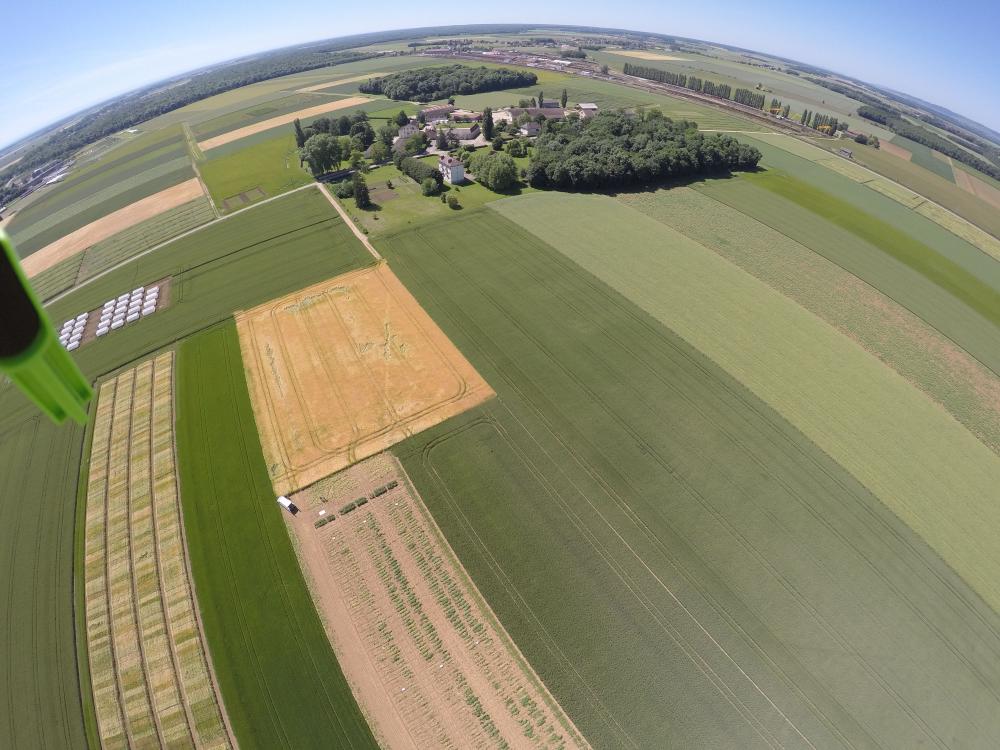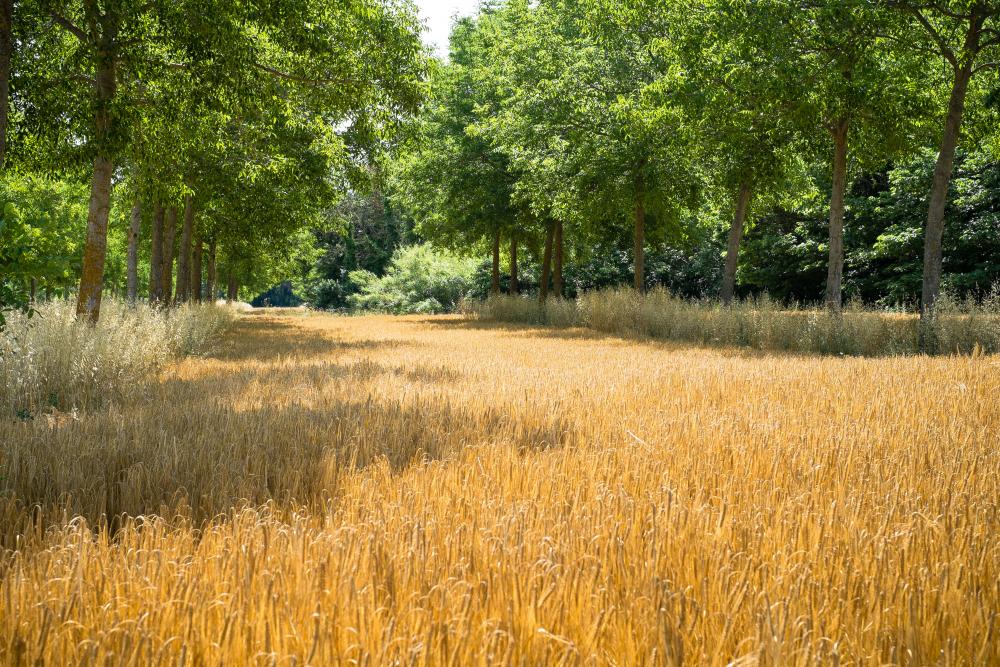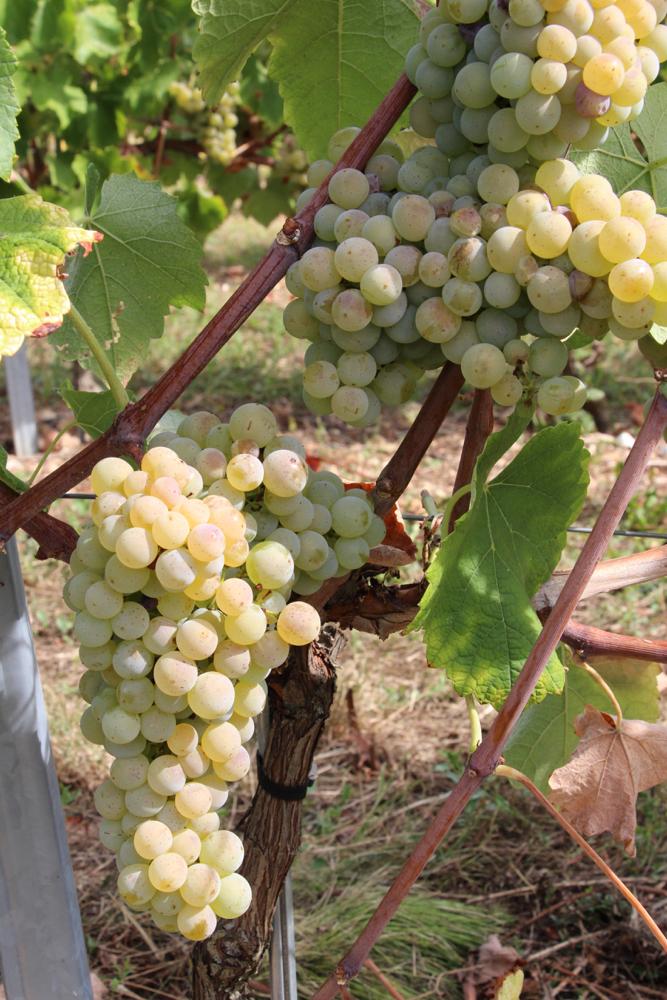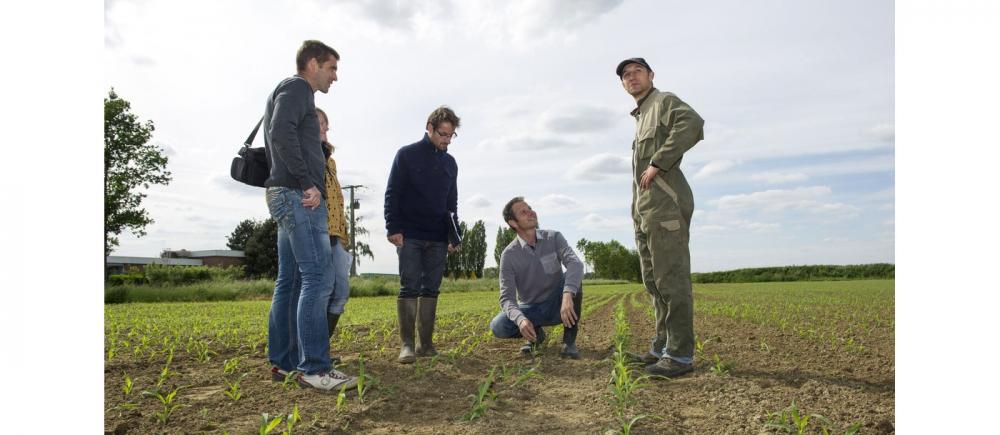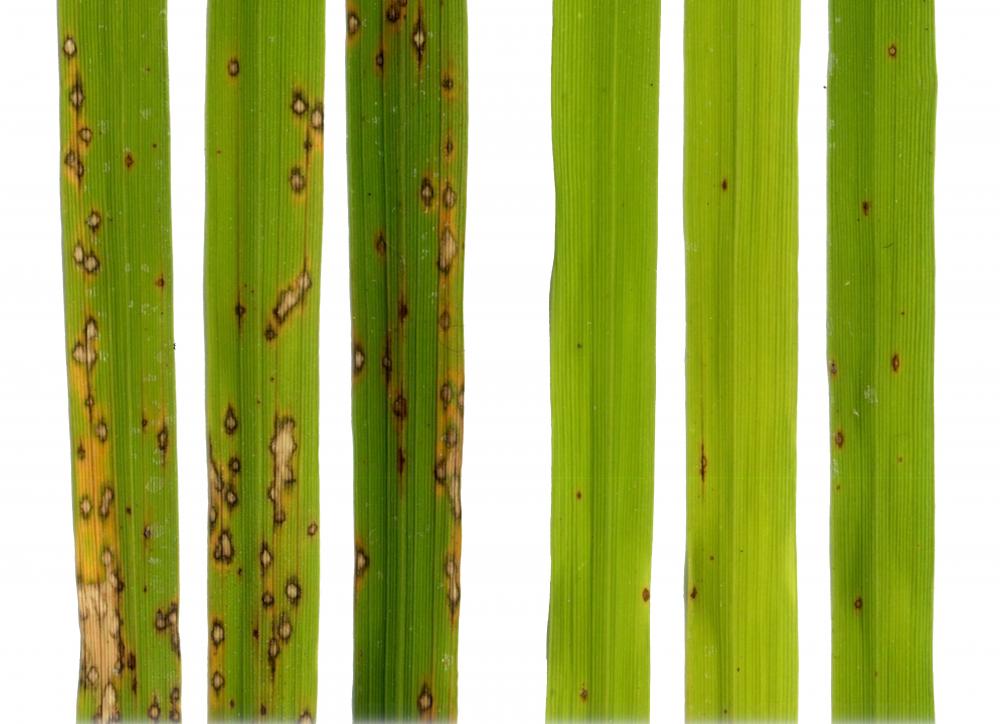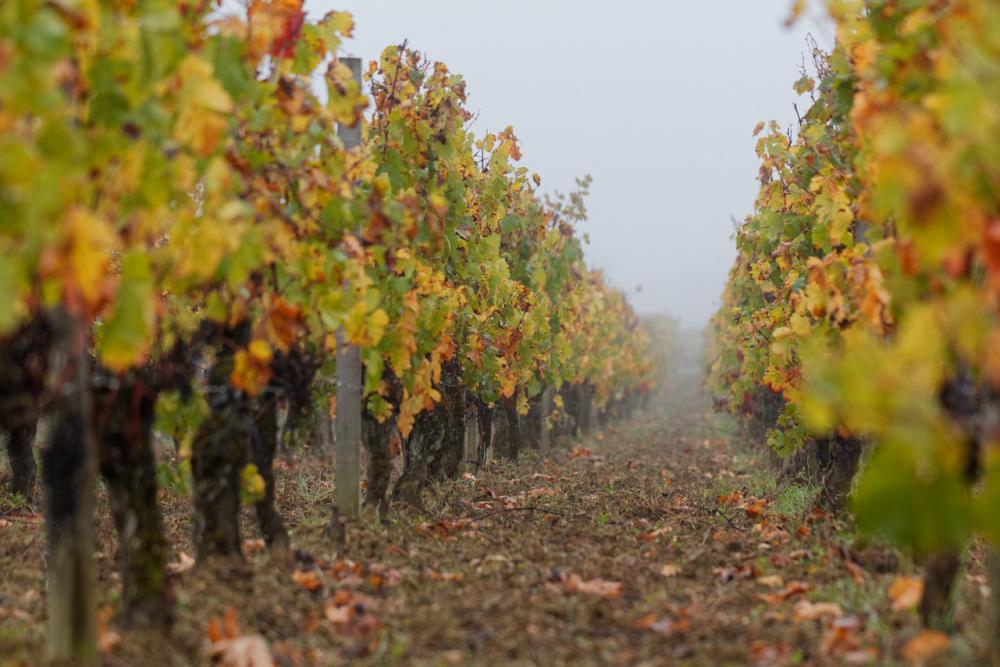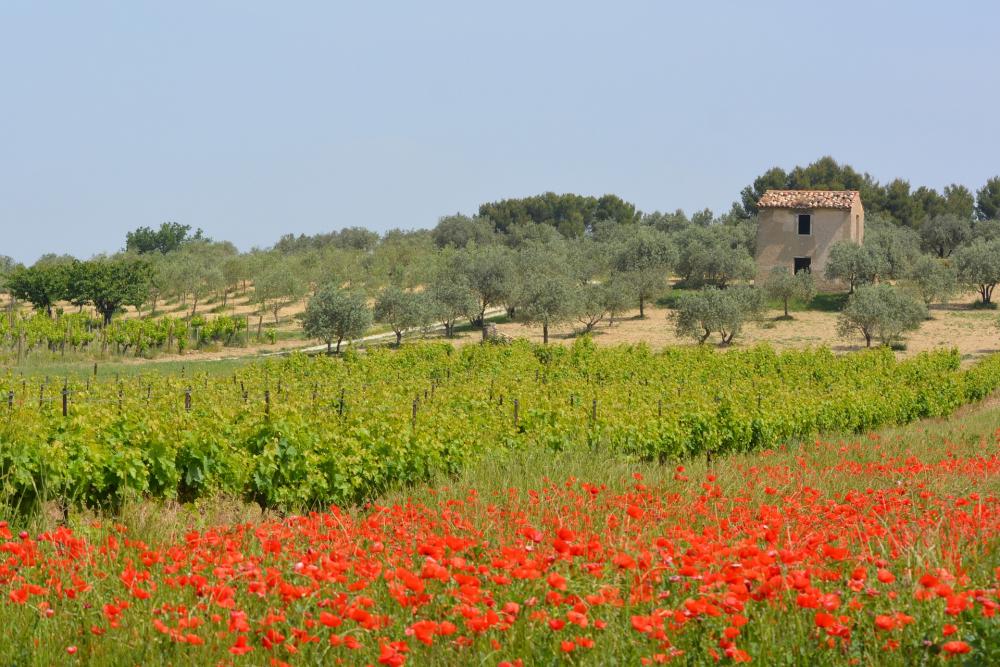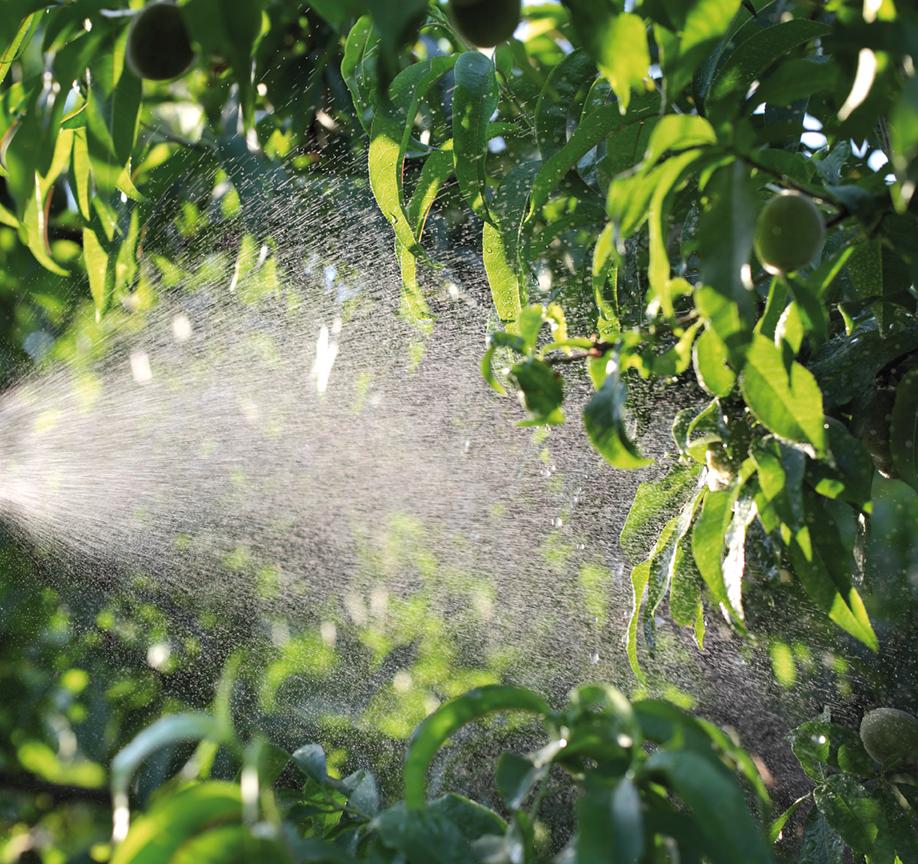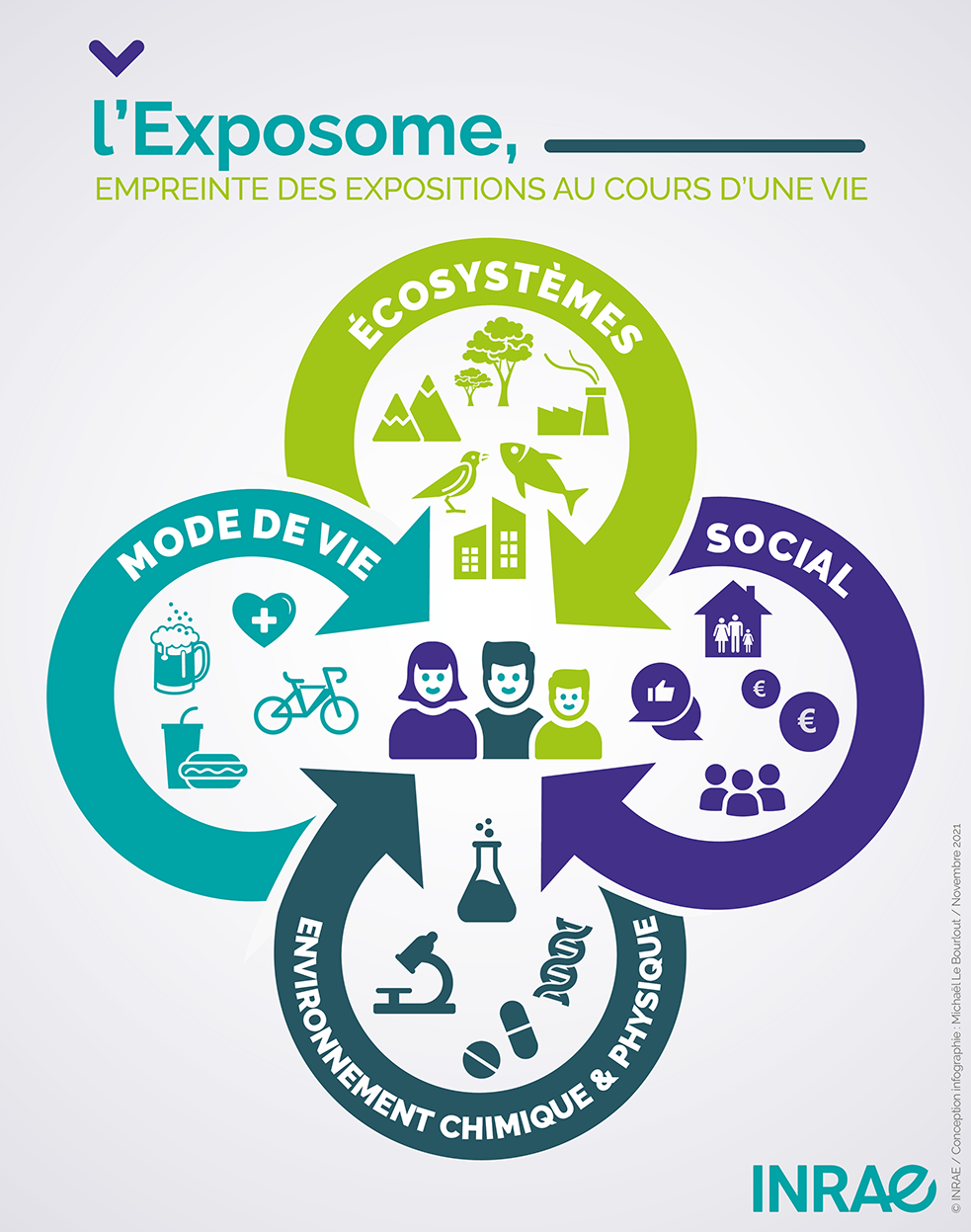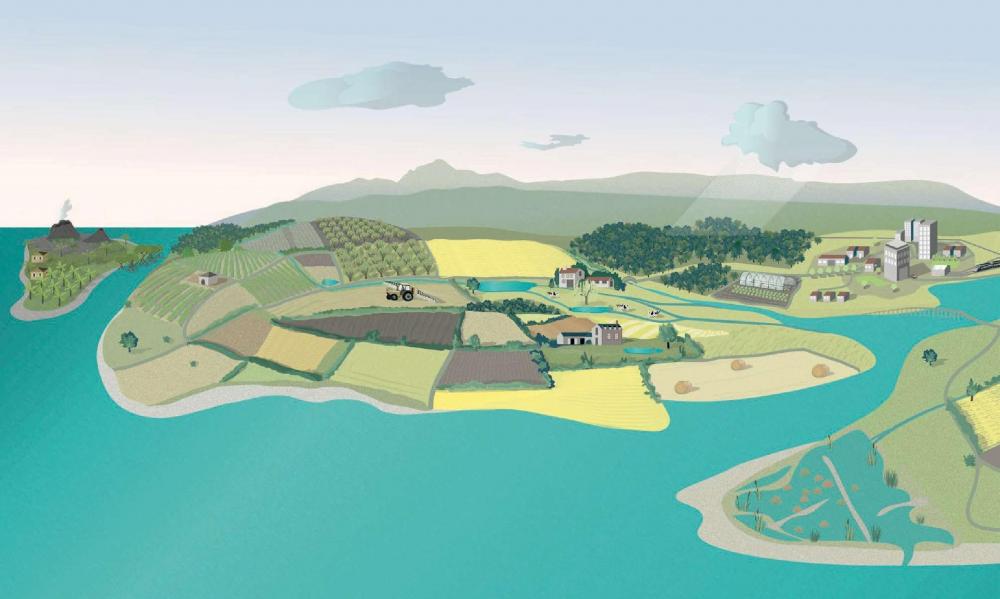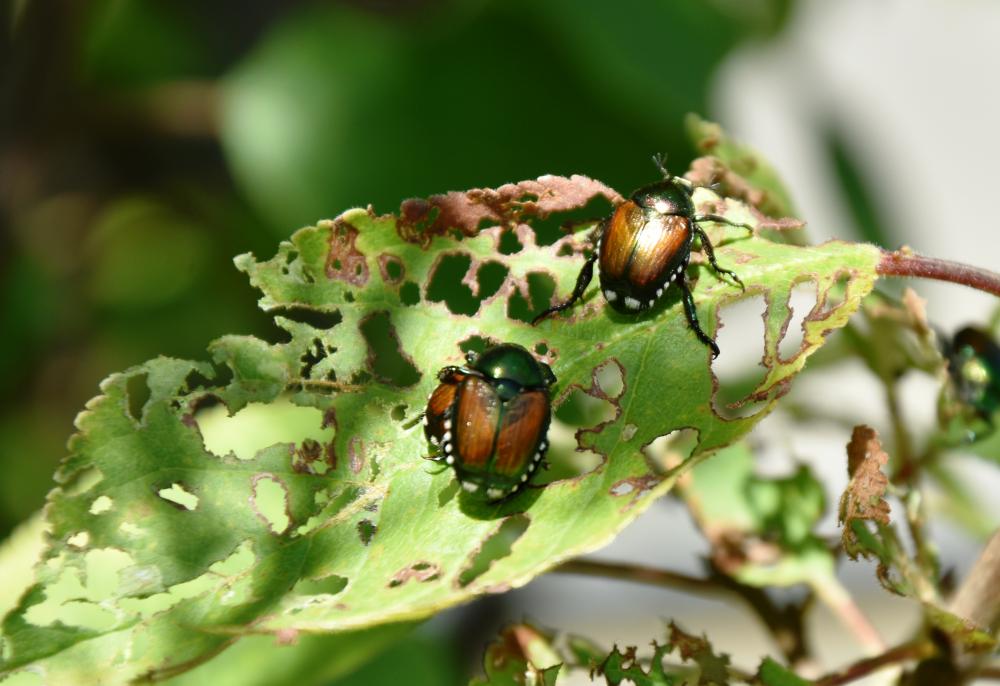Scientific collaboration for pesticide-free agriculture
Synthetic pesticides, which are used on a large scale for reliable food production, contaminate the environment and affect biodiversity. By mobilising our research and expertise, we can reduce the impact of pesticides and find alternative solutions to protect crops. Stakeholders from around the world are working together in order to support the transition to a new agricultural system.
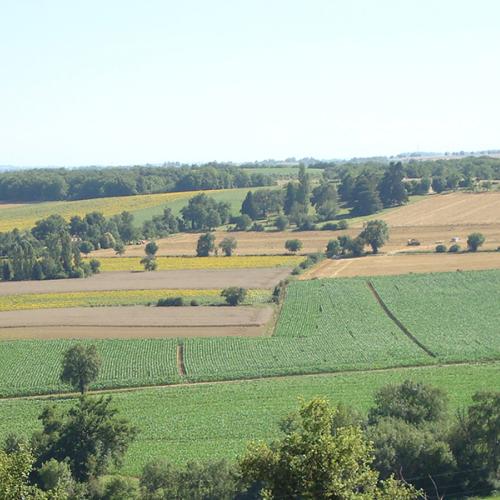
A European Research Alliance “Towards a Chemical Pesticide-Free Agriculture”
Marshalling research efforts to speed up the agroecological transition addresses a strong demand from government authorities, industry and society, in France and across Europe. To tackle this major challenge, a common strategy for research and experimentation must be developed at the European level. This is precisely the aim of the declaration of intent, “Towards a Chemical Pesticide-Free Agriculture”, signed in 2020 by 24 research organisations from 16 European countries. Since then, a total of 34 research institutes from 20 European countries have joined forces. The initiative brings together a community of nearly 2,000 scientists with more than 100,000 publications to their names in the fields of agriculture and plant health. Some 27 European projects are now delving into these issues, including 14 involving INRAE.
Field trip series
Journalist Pierre Girard, went on a trip across Europe to meet scientists working on this issue and report on the solutions that are emerging. The first stop of this "Field trip" was in Dijon, where the participants of the conference organized by INRAE visited an innovative INRAE infrastructure which studies how to do without synthetic pesticides: CA-SYS.
AGROWISE - Guidelines for farm-specific rules for mitigating pesticide impacts while ensuring sustainable agriculture.
AGROWISE comprises three primary objectives:
- Developing/improving tools to be used by policymakers, national offices, farmers’ associations and advisory services and individual farmers to ensure plant protection for major arable and permanent crops and grasslands, differentiated by agroclimatic conditions, in line with IPM principles.
- Developing/strengthening support systems to make these practices economically sustainable and acceptable to farmers, including consideration of the role of different stakeholders within the food supply chain.
- Communicating findings on best practices and identifying ways to integrate the project outcomes into regulatory mechanisms and practices.
AGROWISE is a an 18-month project (01/05/2024-31/10/2025) which is led by a consortium of 8 European research organizations: INRAE – Coordinator (France), Zalf (Croatia), JKI (Germany), Teagasc (Ireland), University of Bologna (Italy), INHORT-PIB, IOR-PIB, and IBPRS-PIB (Poland), USAMV Bucharest (Romania), and (SLU) Sweden.
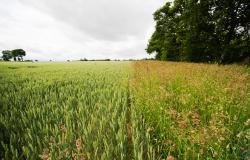
Foresight study European Chemical Pesticide-free Agriculture in 2050
Linked to the European Research Alliance, the foresight study developed a systemic approach connecting chemical pesticide-free cropping systems with the evolution of food systems, diets, territories, public policies, taking into account climate change. It has generated 3 scenarios of chemical pesticide-free agriculture in the European Union in 2050 and quantified their impact on yields, diets and the Environment. Four regional case studies apply the scenarios in Italy, Romania, Finland and France.
Taking things further
- The 10 projects in the PPR-CPA programme, through 2026, coordinated by INRAE
- European Research Alliance – ERA Pesticide Free website
MOVING TOWARDS ALTERNATIVE SOLUTIONS
The transition of agricultural systems towards agroecological models requires a paradigm shift
Most solutions available today using synthetic pesticides are curative, immediate, local and often individual. Doing without pesticides requires employing preventive solutions that mainly seek to lower pest pressure by growing certain crops together (species and varieties) and managing crop protection over time and space. This transition requires a paradigm shift.
Agroecology research and pioneering knowledge on ecosystem services are inspiring new models and support the agroecological and food transitions. The resistance and durability of varieties, farming equipment using satellite data, and robotics and digital technologies are additional paths that are being explored. INRAE also wholeheartedly embraces open innovation and citizen science, and the institute provides expertise and support for public policies.
In 2022, INRAE and partner organisations are carrying out more than a dozen projects to support this transition:
At the European level (eight H2020 projects): DiverIMPACTS, on the diversification of cropping systems; IWMPRAISE, on integrated weed management; OPTIMA, on integrated vineyard and orchard management; SuperPests, on using data and digital technologies in integrated pest management; EMPHASIS, a high throughput phenotyping platform; VIRTIGATION, on integrated management strategies for viruses, IPM Decisions, a decision support tool platform for integrated pest management stakeholders; and NEFERTITI, a highly connected network of pilot and demonstration farms at the EU level.
At the French level, as part of the “Growing and Protecting Crops Differently” priority research programme (six PPR CPA projects): CAP ZERO PHYTO, on the adaptation of the concept of ecological immunology to crop protection; DEEP IMPACT, on plant-microbiota interactions that support plants’ natural defences against pests and diseases; SUCSEED, for alternative solutions to pesticides on seeds; MoBiDiv, to mobilise intra- and interspecific diversity; SPECIFICS, for the design of pesticide-free cropping systems that include grain legumes; and Be-creative, on the co-design of pesticide-free territories.
THE IMPACTS OF PESTICIDES
INRAE conducts research on soil and water contaminated by pesticides and their transformation products, as well as the toxicity of these products (often found in mixtures) on biodiversity and biological functions. The concept of eco-exposome, which looks at all of the physical, chemical, biological and other effects over the lifetime of an organism, is considered. Our scientists are also exploring environmental remediation techniques, especially using plants and nature-based decontamination solutions.
At the European level, INRAE participates in the H2020 Aristo project to assess the toxicity of pesticides on soil microorganisms.
SURVEILLANCE AND PREVENTION
Surveillance and prevention make it possible to act early and reduce the need for plant protection products. Given the surge in health crises, we also need to be able to detect new, emerging diseases to prevent and contain them. Epidemiological surveillance of certain listed diseases is governed by French regulations as well as a European regulation that requires member states to carry out surveillance on both plants and animals. Surveillance and research stakeholders work closely together to better meet the objectives.
At the European level, INRAE is participating in four H2020 projects: POnTE (Xylella fastidiosa and Hymenoscyphus fraxineus), HOMED (Holistic management of emerging forest pests and diseases), RUSTWATCH (an early-warning system for wheat rust diseases), and IPM-Popillia (control of Japanese beetle invasions, Popillia japonica).
INRAE is coordinating two projects as part of the French PPR CPA: BEYOND, epidemiological survellance and prevention based on field and remote observations, and PheroSensor, early detection of pests using olfactory sensors with pheromone receptors.


